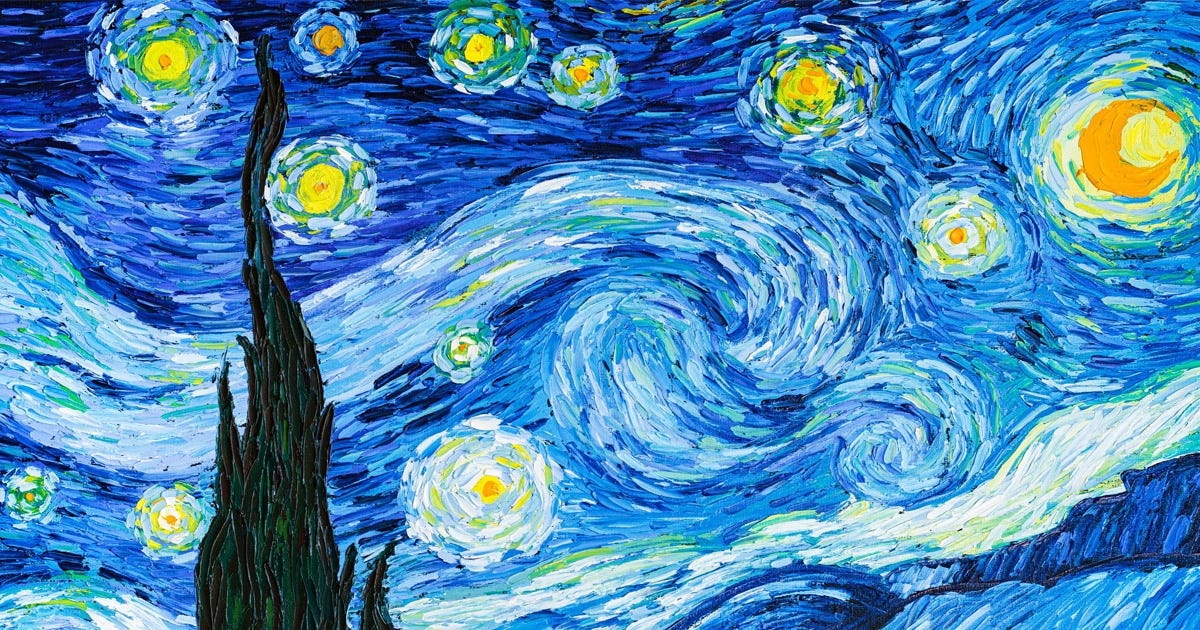Some friction is good
The people who want a totally frictionless world are nihilistic, empty and lost
“Without pain, without sacrifice, we would have nothing” —Tyler Durden
We’re living through a time when chasing “faster” feels like many people’s highest calling. Not smarter, not deeper, certainly not anything with substance (slop world), just faster. Convenience has become people’s primary goal, far more important than meaning. But this is a silly way to live, if you were to strip every bit of friction from daily life you would end up barely alive, drifting aimlessly.
This push for faster is part of modernity’s illness of ceding control, piece by piece. Skills people once took pride in get outsourced until the muscle memory (not just physical, but mental) atrophies. Cooking is swapped for delivery apps. Fixing something is always someone else’s job. Even simple things like growing a plant for the hell of it, or god forbid, having the stamina to raise your own kids are just more items to outsource. Most people here can’t even write basic code or repair a computer. No single shortcut breaks you, it’s the habit of always picking ease that does. The less friction you feel, the less you remember what true effort feels like. Ever notice how the more comfortable the reality TV stars, the more pointless their drama? That’s not an accident. They have to get upset and fight about small things because their lives are so empty of anything transcendent.
Creativity is another casualty. People in my sector talk about “unlocking creativity” using AI like it’s a switch. But anyone who’s ever built anything meaningful or they come back to years later learns quickly: what really matters is friction. Tension, resistance, rough edges, these are where any creative person finds their voice. It’s also why building something yourself gives meaning in a way assembly-line output never can. Skip the resistance, and that creative drive goes limp, the way a muscle withers from lack of use. As I wrote about the process of making music, the satisfaction is in knowing you made it, not just prompted it or tweaked it until it passed for yours. One is real exercise and personal growth. The other is ticking a box.
A little friction is necessary. Actual breakthroughs never appear when work is too easy. It’s the stubborn paragraph, the sketch that doesn’t initially work, the chord progression you have to wrestle with. That’s heavy lifting/deliberate practice, and the only way to add new patterns to your repertoire. If every rough spot is automated away, you get machine output which is never anything distinctly your own. The work is soulless, empty, vapid, and so is the creator, who never advances in a meaningful way. And as this era has even given birth to nihilistic entrepreneurs, you start to wonder if there will be any future patrons of the arts at all.
Creatives shouldn’t cede fine-tuned control, it’s pretty much all they have. There’s a siren song to cut every corner, take the quickest route and see friction as the enemy. But friction is what forces you to pause and ask: what do I actually think? Do I care enough about this to put in another hour? Without it, there’s no real point of view. The process of working through ideas is where perspective and taste come from, something you simply can’t outsource. If your goal is always to do things easier or faster, your values are poorly aligned for ever doing something meaningful. None of your heroes took shortcuts, no one you root for in a movie didn’t put in the reps.
I’m not here to romanticize pain for its own sake (mindless suffering is pointless too). But if your workflow is obsessed with removing all the human choices, you’re deleting yourself and all your personality along with it. Friction is proof there’s still something at stake. Remove every challenge, and the result is assuredly generic, not just to others but yourself. Worse, it’s empty and soulless. You’re reduced to being a borg drone at best, an infantilized child at worse. If you’re going to add (any) technology to your process, you have to consider very carefully where it makes sense. Don’t just throw new tools at your craft haphazardly, especially early in the process.
A little friction is good. It’s how you test your will and build substance, not just assemble surface-level IKEA furniture style work. If you’re serious about any craft as an artist and not just an “entertainer” or “content creator” this distinction is obvious. If you only want to make things consumed and thrown away in a day, then sure, go as fast and easy as possible. But that’s not art, that’s content. And in the frictionless circus, all you win is fleeting likes and the empty approval of vapid humans who’ll forget you by tomorrow. That will never be enough. You’ll just be trapped on a meaningless treadmill, empty and unfulfilled, wondering where the transcendant is in your life.




Reading what people post on LinkedIn, asking myself - do they even understand what they’re saying? One liner posts about nothing.
Nailed it, per usual, Adam. A line from the Boss comes to mind: "You can't start a fire without a spark...Even if we're just dancin' in the dark." That's creativity in a nutshell; dancing and fumbling around in the dark until flint hits steel just so and fires your tinder.
I wrote about this in a recent piece: "Just as lifting heavier weights or increasing training intensity triggers new muscle growth, confronting demanding study, complex questions, or emotional struggles builds greater mental capability and adaptability. That’s how neurons grow denser, connections stronger, and the mind sharper. You strain, you tear, you rebuild."
Read on: https://www.whitenoise.email/p/training-until-failure-thinking-until